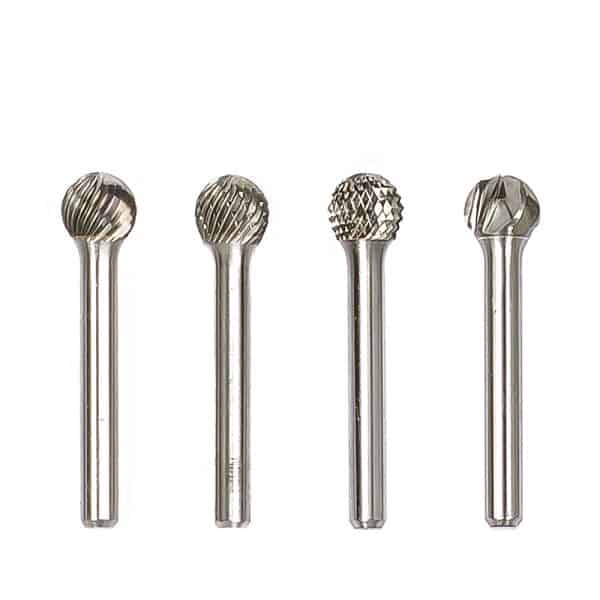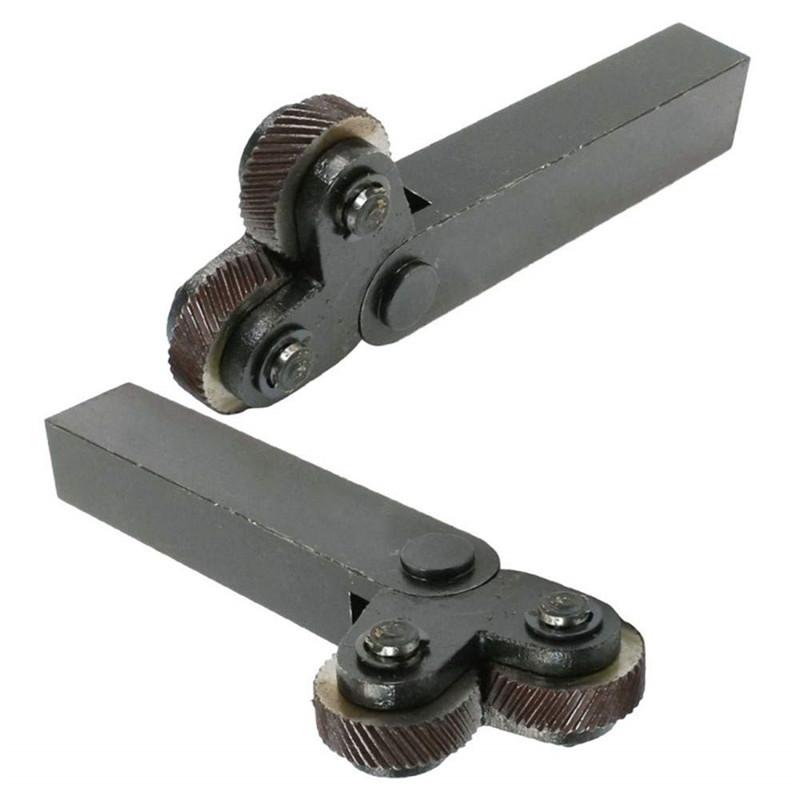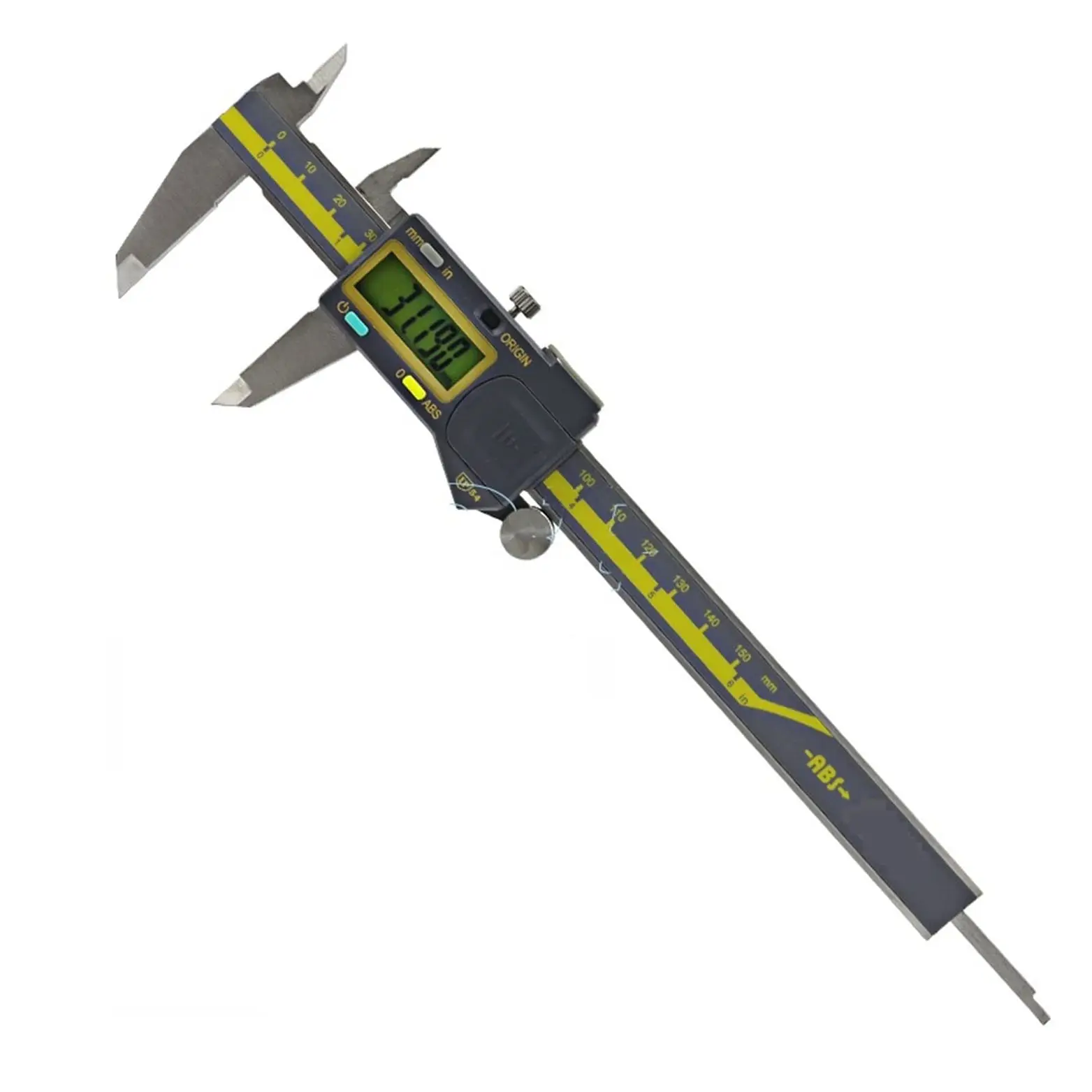High-Quality morse taper drill chuck arbor
A high-quality morse taper drill chuck arbor is an essential component for any machinist or metalworker using drill presses or lathes. It allows for quick and secure interchangeability of drill chucks and other tooling, increasing efficiency and precision. This guide explores the key features, selection criteria, and maintenance tips for ensuring you choose the right arbor for your needs, ultimately leading to better performance and longevity of your equipment.
Understanding Morse Taper Drill Chuck Arbors
A Morse Taper (MT) is a standardized taper used to secure tooling in machine spindles. High-quality morse taper drill chuck arbors utilize this taper to connect a drill chuck to the machine. The self-locking nature of the taper ensures a strong and accurate connection, crucial for precise drilling and machining operations.
What is a Morse Taper?
The Morse Taper is a standardized system of tapers used to fit tools into the spindles of machine tools. There are several sizes, designated by numbers (MT0 to MT7), with each number corresponding to a specific taper angle and diameter. The larger the number, the larger the taper. The key advantage is the ability to easily insert and remove tooling using a drift, without the need for additional clamping mechanisms.
Components of a Drill Chuck Arbor
A typical drill chuck arbor consists of two main parts:
- Morse Taper Shank: This is the tapered section that fits into the machine spindle. The size is critical for compatibility with your machine.
- Drill Chuck Mount: This is the threaded or tapered end that accepts the drill chuck. Common threads include JT33, JT6, and B16.
Choosing the right combination of Morse Taper size and chuck mount is critical for compatibility and performance.
Selecting the Right Morse Taper Drill Chuck Arbor
Choosing the correct arbor is critical for optimal performance and safety. Several factors influence your decision. Consider these key aspects before making a purchase.
Material and Manufacturing Quality
The material and manufacturing process significantly impact the arbor's durability and accuracy. Look for arbors made from high-quality alloy steel, often hardened and ground to precise tolerances. Arbors manufactured to DIN standards (e.g., DIN 228-1) are generally considered reliable due to their adherence to strict dimensional and material specifications. The surface finish should be smooth and free from imperfections, ensuring a secure and accurate fit.
Morse Taper Size and Chuck Mount Compatibility
Ensuring compatibility between the arbor's Morse Taper size and your machine spindle is paramount. Consult your machine's manual to determine the correct MT size. Similarly, the drill chuck mount must match the corresponding mount on your drill chuck (e.g., JT33, JT6, B16). Using mismatched components can lead to instability, inaccurate drilling, and potential damage.
Accuracy and Runout
Runout refers to the amount of wobble or eccentricity in the rotating drill chuck. Low runout is essential for precise drilling and extending the life of your drill bits. Look for arbors with a specified runout tolerance, ideally less than 0.0005' (0.013mm). Higher-quality arbors will often have this specification clearly stated.
Brands and Reputation
Consider reputable brands known for producing high-quality tooling. While lesser-known brands may offer lower prices, the potential for inaccurate dimensions, poor material quality, and reduced lifespan often outweighs the savings. Some well-regarded brands include Jacobs, Rohm, and Albrecht. Wayleading Tools offers a range of arbors designed for precision and durability. They can be found at www.wayleading.com.
Maintenance and Care for Morse Taper Drill Chuck Arbors
Proper maintenance extends the life and maintains the accuracy of your arbors. Follow these guidelines for optimal performance.
Cleaning and Lubrication
Keep the Morse Taper shank and the drill chuck mount clean and free from debris. Use a clean cloth and a suitable solvent to remove any oil, grease, or swarf. Apply a thin layer of light oil to the Morse Taper shank before insertion to prevent corrosion and ensure smooth engagement. Avoid using excessive oil, as this can reduce the friction and clamping force of the taper.
Proper Insertion and Removal
Insert the arbor into the spindle with a firm, even pressure. Avoid hammering or forcing the arbor, as this can damage the taper. Use a drift to remove the arbor. Ensure the drift is the correct size and shape for the drift slot in the spindle. Apply a sharp, controlled blow to the drift to dislodge the arbor. Never use excessive force or attempt to remove the arbor with pliers or other tools, as this can damage the taper or the spindle.
Storage
Store arbors in a clean, dry place to prevent corrosion and damage. Consider using a dedicated storage rack or case to protect the arbors from impact and abrasion. Avoid storing arbors in direct sunlight or extreme temperatures, as this can affect their dimensions and material properties.
Troubleshooting Common Issues
Even with proper care, issues can sometimes arise. Here are a few common problems and their solutions.
Arbor Slipping in the Spindle
This can be caused by several factors, including:
- Contamination: Clean both the arbor and the spindle thoroughly.
- Worn Taper: If the taper is excessively worn, the arbor may need to be replaced.
- Insufficient Clamping Force: Ensure the spindle locking mechanism is properly tightened.
Excessive Runout
Possible causes include:
- Damaged Arbor: Inspect the arbor for any signs of damage or bending.
- Worn Chuck Mount: A worn chuck mount can cause the drill chuck to wobble.
- Improper Installation: Ensure the drill chuck is properly tightened onto the arbor.
Morse Taper Drill Chuck Arbor Sizes
The following table provides a general overview of common Morse Taper sizes and their approximate dimensions. Note that these values may vary slightly depending on the manufacturer and specific product.
Data source: Machinery's Handbook
| Morse Taper Size | Approximate Large End Diameter (inches) | Approximate Taper per Foot (inches) |
|---|---|---|
| MT0 | 0.336 | 0.624 |
| MT1 | 0.475 | 0.600 |
| MT2 | 0.700 | 0.602 |
| MT3 | 0.938 | 0.602 |
| MT4 | 1.231 | 0.623 |
| MT5 | 1.748 | 0.630 |
| MT6 | 2.494 | 0.626 |
| MT7 | 3.270 | 0.624 |
Conclusion
Investing in a high-quality morse taper drill chuck arbor is a smart decision for anyone seeking to improve the performance and accuracy of their drilling operations. By carefully considering the factors outlined in this guide, you can select the right arbor for your needs and ensure years of reliable service. Remember to prioritize material quality, compatibility, and proper maintenance to maximize your investment. For a reliable source of high-quality morse taper drill chuck arbors, visit Wayleading Tools at www.wayleading.com, your premier destination for precision tooling.
Related products
Related products
Best selling products
Best selling products-
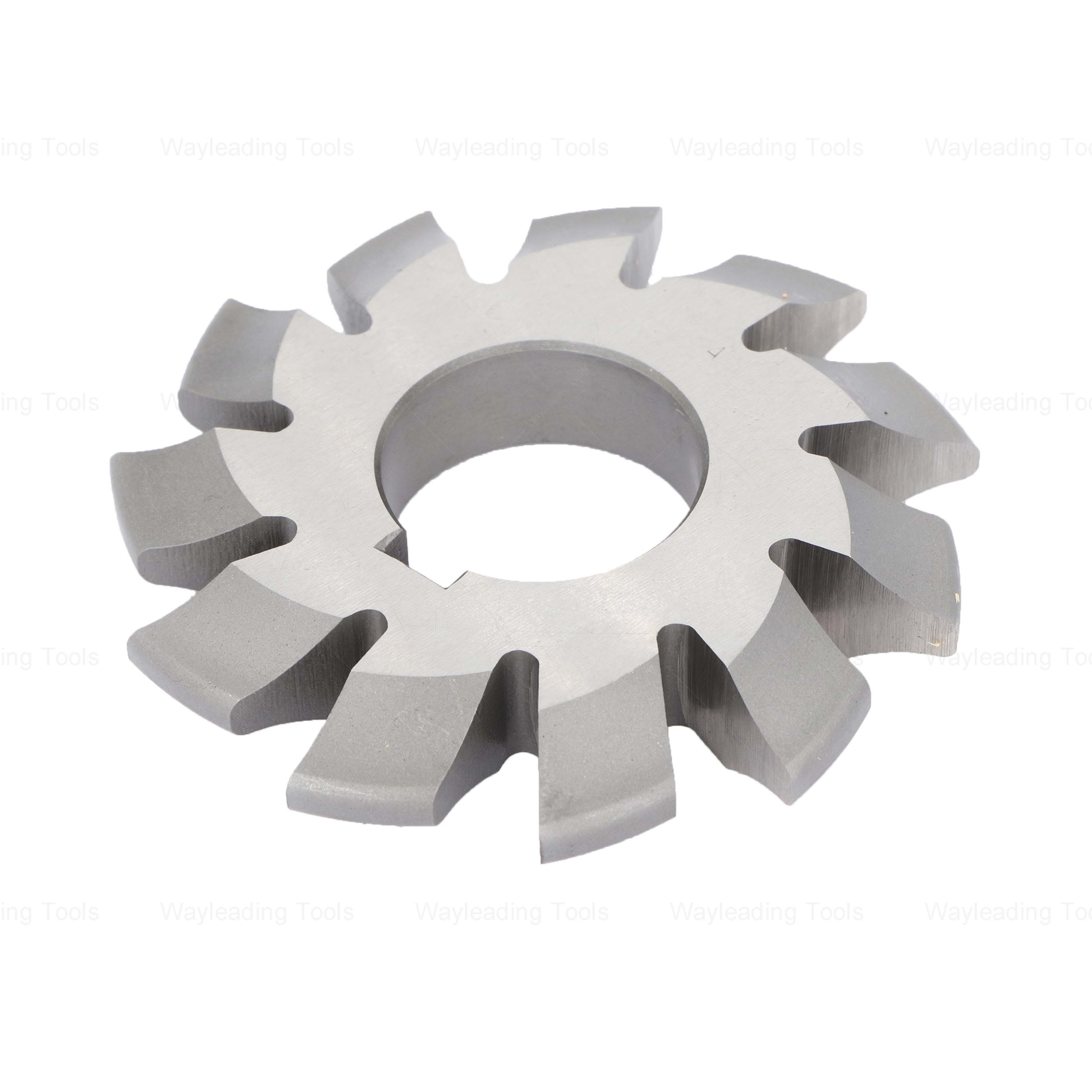 HSS Involute Gear Cutters – Module Type, PA 20° / 14.5°
HSS Involute Gear Cutters – Module Type, PA 20° / 14.5° -
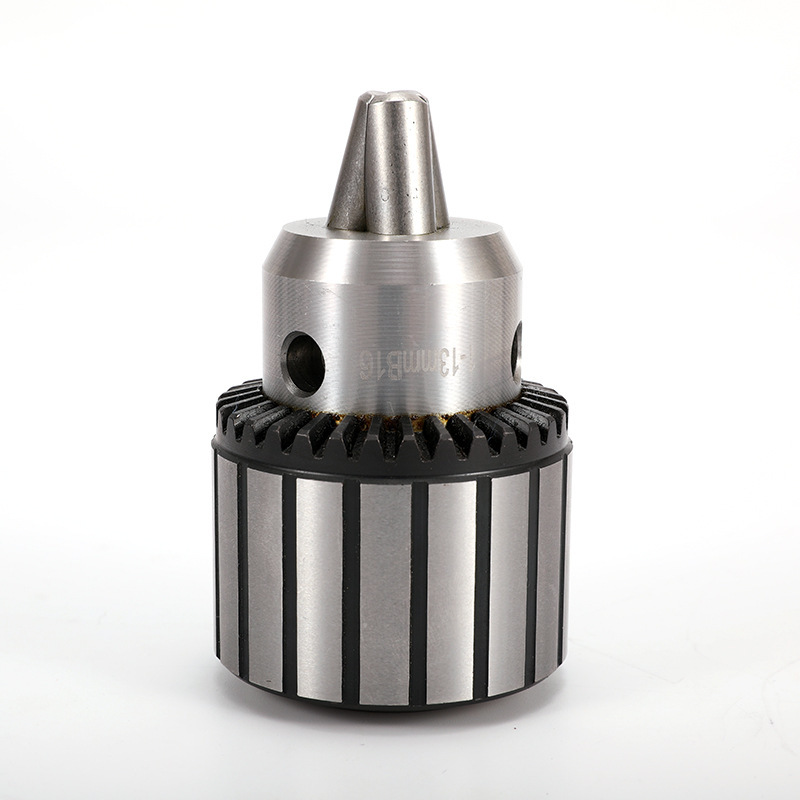 Key Type Drill Chuck With Heavy Duty Type
Key Type Drill Chuck With Heavy Duty Type -
 R8 Hex Collet With Inch and Metric Size
R8 Hex Collet With Inch and Metric Size -
 Precision Vernier Caliper With Nib Style & Standard Style Jaws Of Metric & Imperial For Industrial
Precision Vernier Caliper With Nib Style & Standard Style Jaws Of Metric & Imperial For Industrial -
 Precision V Block Set With M Type
Precision V Block Set With M Type -
 TCT Annular Cutters With Weldon Shank For Metal Cutting
TCT Annular Cutters With Weldon Shank For Metal Cutting -
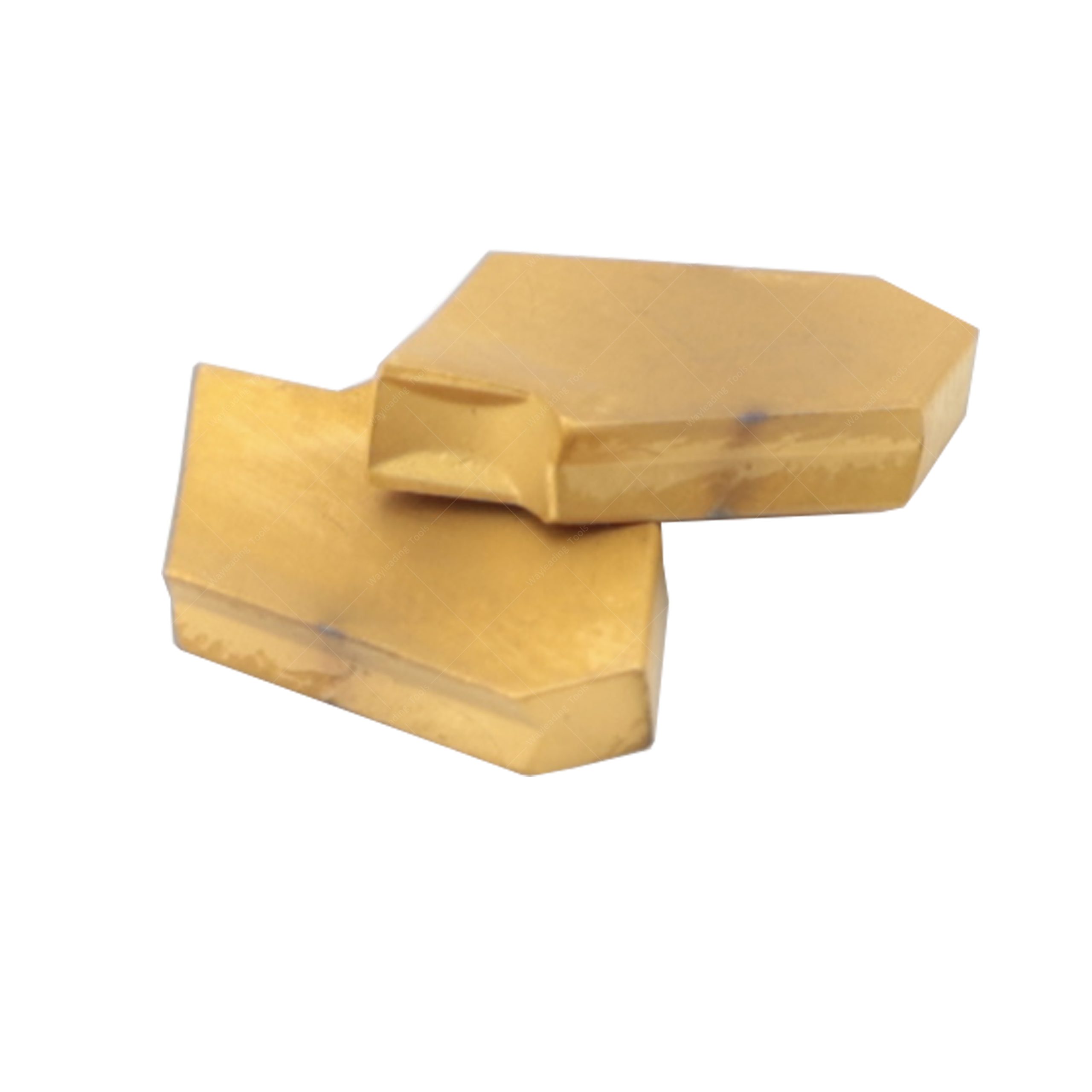 GTN Parting & Grooving Insert For NCIH Blade
GTN Parting & Grooving Insert For NCIH Blade -
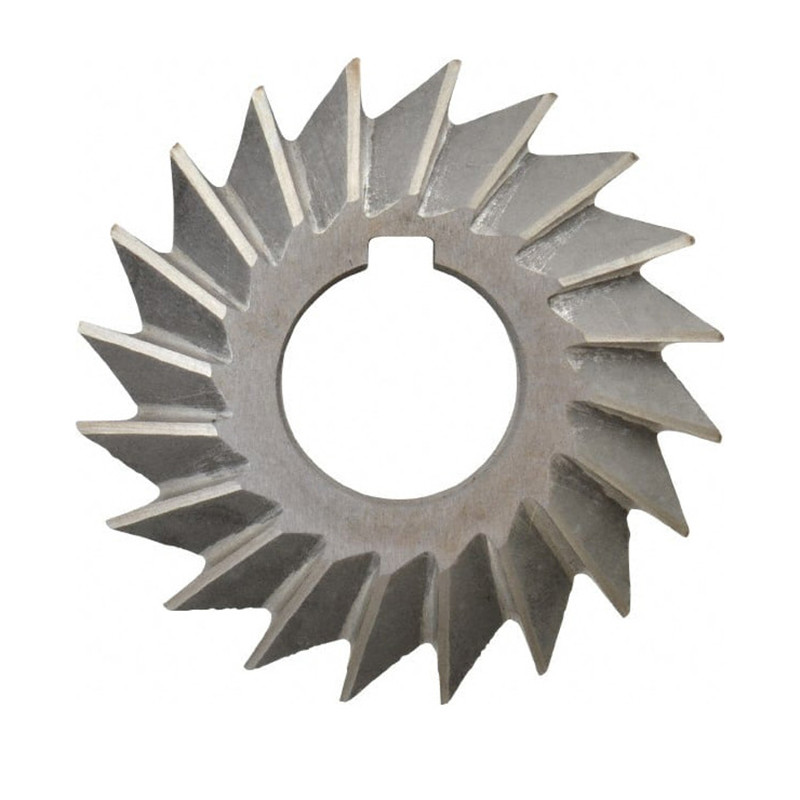 HSS Inch & Metric Single Angle Milling Cutter For Industrial With Bright Or TiN Coated
HSS Inch & Metric Single Angle Milling Cutter For Industrial With Bright Or TiN Coated -
 Precision 8pcs & 9pcs Angle Blocks Set With High Quality Type
Precision 8pcs & 9pcs Angle Blocks Set With High Quality Type -
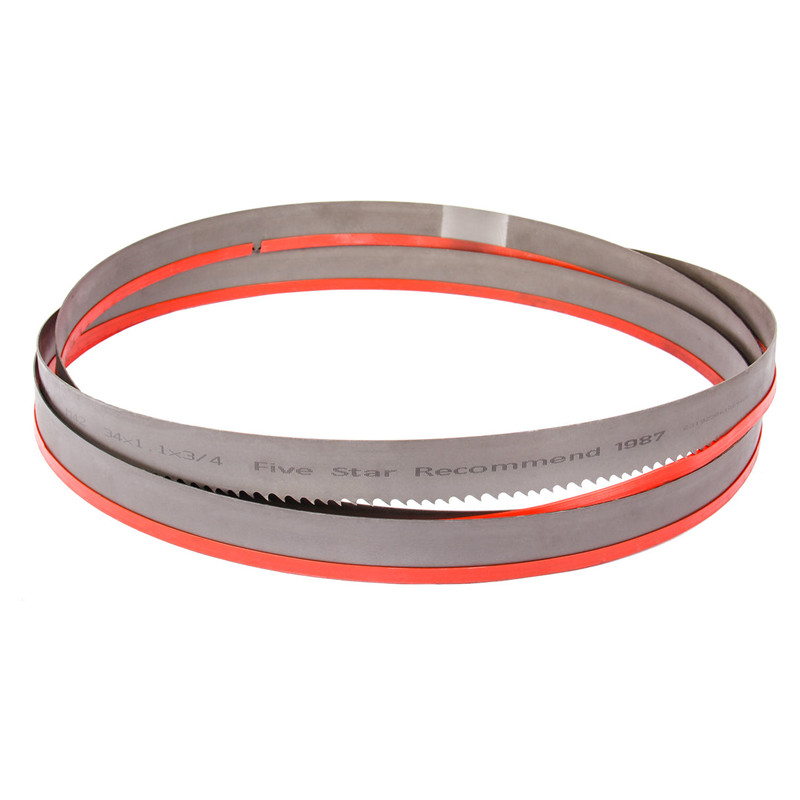 M51 Bi-Metal Bandsaw Blades For Industrial Type
M51 Bi-Metal Bandsaw Blades For Industrial Type -
 Precision IP54 Digital Outside Micrometer Of Inch & Metric With Data Output
Precision IP54 Digital Outside Micrometer Of Inch & Metric With Data Output -
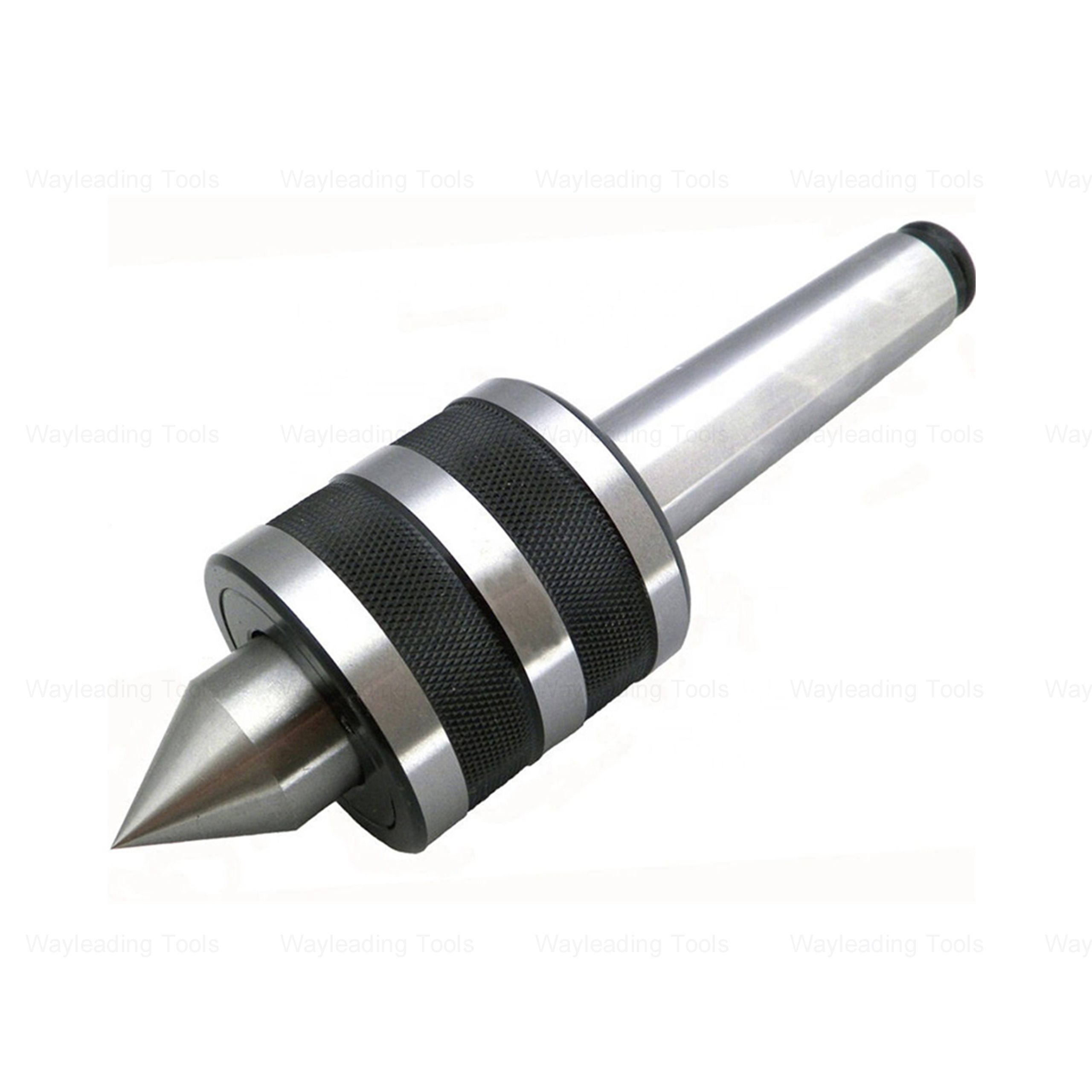 High Precision Medium-Duty Live Center – Hardened Tip, Morse Taper Shank
High Precision Medium-Duty Live Center – Hardened Tip, Morse Taper Shank

